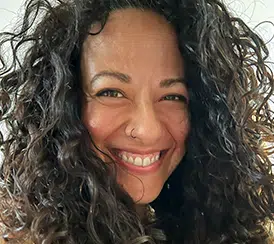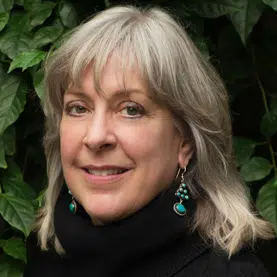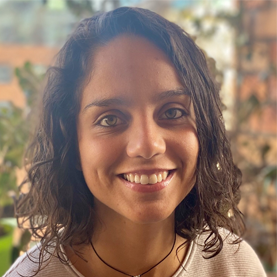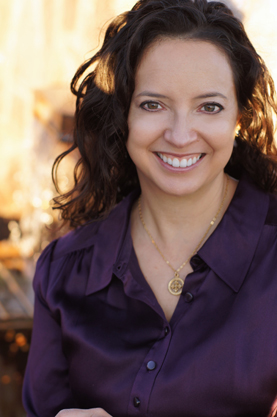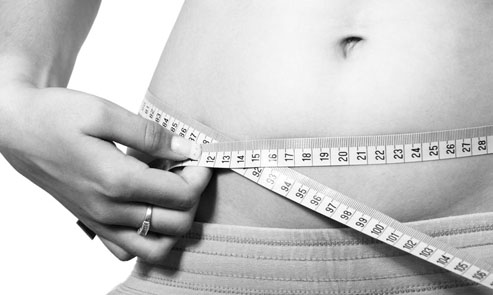
Even if you are not particularly interested in losing weight, you want your body to run mostly on fats. You can help the process by adding good fats to your diet, such as coconut oil, olive oil, avocados, and so on. But you do not want all of your fats to come from these outside sources.
Your body, in its great wisdom, will not allow you to burn your own fat reserves until you eliminate the toxins the body stores there. These toxins may include residual mercury from your own (and your mother’s) dental fillings, pesticides in the food you ate as a child, lead from the water supply pipes in your home or coming in from the street, and aluminum from cooking pots or the aluminum foil you cooked with.
If you are like most people, it will take a few days for your body to remember how to burn fats, as you have likely been running your metabolic engine on sugars for a long time. But once you switch on the fat-burning furnaces, you will notice that brain fog will begin to clear, your muscle mass will increase, and you will naturally start losing weight.
As your insulin levels drop and you lower your intake of proteins, you will be downregulating mTOR, reducing inflammation, and your levels of leptin (the anti-hunger hormone) will stabilize, reducing your food cravings.
When you switch to burning fats, you turn on your cells’ recycling systems, or autophagy. Autophagy is the garbage collection system in the body. And for many of us that have been living on a sugar-rich diet, the garbage collectors inside us have been on strike for many years. Consequently, cellular waste has accumulated inside and outside our cells, and broken-down proteins have not been recycled.
When you add more healthy fats to your diet and cut back on processed carbs and protein you will have three incredible, measurable benefits. The first is that you trigger the production of new mitochondria, the fuel factories in every cell in your body.
The second benefit is that you increase your levels of brain-derived neurotrophic factor (BDNF), which switches on the production of stem cells inside the brain. It also reduces your levels of a death-promoting protein, BAX, associated with neurons dying in your brain. This may be important in preventing Alzheimer’s and other forms of dementia.
Last, and perhaps most important, reducing carbs and proteins will switch on the SIRT-1 genes: these longevity proteins silence the genes that create disease and wake up the genes that create health. I like to think of the SIRT-1 family of genes as the immortality genes. And they are only active when you eat a low-carb, low-amino acid diet. In a high-carb, high-protein environment, the SIRT-1 genes go silent.
The key to receiving all the benefits I have just described is not only eating more fats—such as avocados and the coconut oil, olive oil, and grass-fed butter that you use to prepare and enhance your meals—but burning your own fat through ketosis.
Serve fats with every meal! And remember, although fats go great with veggies, a sure way to put on weight is to add in starches and sugars—plus, you will raise your bad cholesterol.
(Excerpted from Dr. Alberto Villoldo’s forthcoming book, Grow a New Body<embed link here>, available for preorder now.)
.
